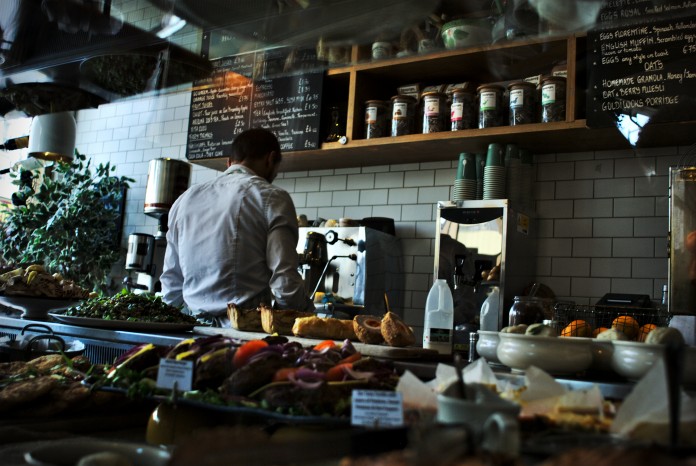The vast majority of Australian cafes and restaurants are operated by highly functioning teams of people, who care deeply about food safety. Unfortunately, there are always going to be exceptions to the rule. The good news is that they are few and far between, but it is still handy to be aware of the dangers.
If you know what sort of things must be avoided in commercial kitchens, you can take the knowledge back to your own home and use it to keep your cooking safe. Also, if the worse does happen and you do fall sick, it will be easier to identify the problem and seek the right treatment. Fortunately, only a tiny amount of food poisoning cases become life threatening. This guide to most common food safety mistakes made in Australian eateries will discuss the preparation and cooking faux pas that should be avoided at all costs.
1. Improper Storage
All food products need to be properly sealed once they have been opened. They should never be left open to the air, because contaminants and bacteria can easily make their way inside and cause the food to spoil. High quality vacuum sealers should be used to store opened packets in a way which maintains the freshness of the product.
2. Cross Contamination
Whether at home or in a commercial kitchen, raw meat should never be allowed to come into contact with other ingredients. This can cause salmonella, so it is a very important food safety rule. Raw meat and poultry needs to be cut and prepared using separate plates, boards, and utensils. The juices cannot touch other ingredients. It is also best to prepare eggs separately, because they can also carry salmonella.
3. Illness at Work
It is common for employees to be allowed to work in commercial kitchens when they have a cold or a flu, because the alternative is an understaffed team. The problem with this is that some of these employees then practice poor food safety skills. They forget to wear gloves during preparation, sneeze while cooking, and don’t wash their hands often enough. You cannot contract foodborne sickness from ill employees, but you can catch their germs.
4. Temperature Control
To prevent foodborne sickness, freezers and refrigerators must be kept at the correct temperatures. Similarly, hot dishes and ingredients must be cooked to a temperature which kills off any bacteria contained inside. They must then be allowed to either cool completely or kept hot. The danger comes when food is allowed to fluctuate in temperature. It cannot be reheated more than once or served after being sat at lukewarm temperatures for some time.
5. Poor Sanitation
A commercial kitchen is not like a kitchen at home. It must be run to the highest possible standards. This means that every corner must be kept spotless. Cleanliness is an essential part of making sure that food is safe to eat. Where there is dirt, there are pests, so there really is no excuse for allowing a kitchen to become dirty or slovenly. With the health of customers at stake, good sanitation is everything.
How to Pick High Quality Restaurants in Australia
Generally speaking, it is much harder to chance upon a poor quality eatery than it is a good one. Commercial kitchens are thoroughly inspected by food safety experts, on a regular basis, so standards have to be high or else businesses are shut down. If you are unfortunate enough to get sick, make a note of what you had to eat and take it to your doctor if the symptoms start to become worrying or overly prolonged.
Find a Home-Based Business to Start-Up >>> Hundreds of Business Listings.
















































